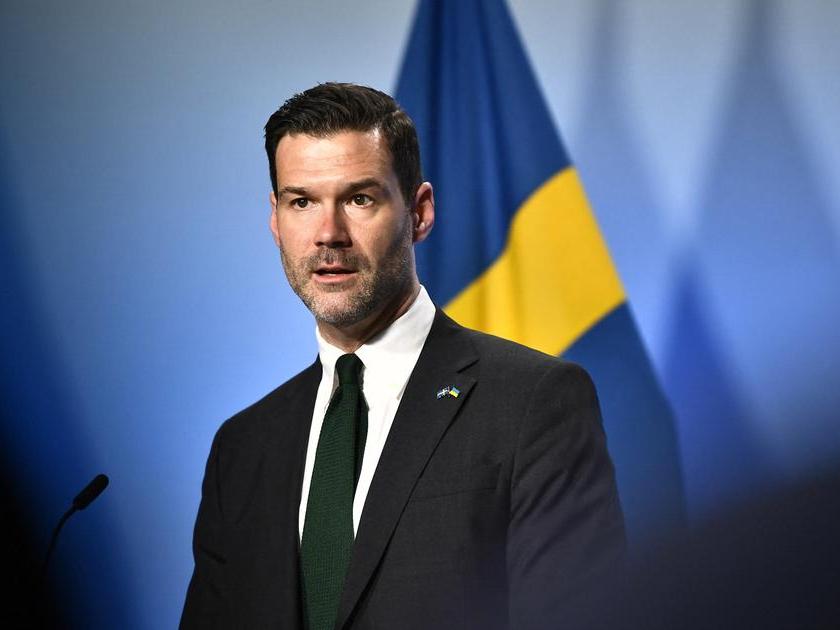The Swedish government has proposed a dramatic increase in return aid for migrants who voluntarily leave the country, offering up to 30,700 euros per person starting in 2026. This significant boost from the current maximum of 3,512 euros per family is part of what Migration Minister Johan Forssell calls a ‘paradigm shift’ in Sweden’s migration policy. The move aligns with the right-wing coalition government’s promise to reduce immigration.However, the proposal has sparked controversy and criticism. A government-commissioned report in August advised against such a substantial increase, deeming it potentially ineffective and costly. Migration expert Joakim Ruist warned that it could signal to certain groups that they are unwanted in Sweden, potentially leading to social and economic harm.This Swedish initiative comes amid broader European debates on migration policy. In Germany, the government’s recent decision to implement comprehensive border controls has influenced discussions in other countries. France’s Les Républicains party, now in government under Prime Minister Michel Barnier, is supporting stricter immigration policies, including potential restrictions on social benefits for foreigners and limitations on healthcare services for asylum seekers.Critics, including Vincent da Silva of the Brandenburg Refugee Council, argue that such policies are driven by populist activism and could lead to the rejection of asylum seekers at borders. The effectiveness and legality of these measures remain subjects of intense debate, with some arguing that they conflict with EU and international law.As European countries grapple with these complex issues, the outcomes of upcoming elections, such as those in Brandenburg and the 2025 German federal election, may provide insight into public sentiment regarding these policy shifts. The situation underscores the ongoing challenges faced by European nations in balancing security concerns, humanitarian obligations, and the principles of free movement within the Schengen area.
Key points
- Sweden proposes to increase return aid for migrants to up to 30,700 euros per person by 2026.
- The proposal has faced criticism from experts who warn it could be ineffective and socially harmful.
- Other European countries, including Germany and France, are also tightening immigration policies.
- These policy shifts are sparking debates about the balance between security, humanitarian obligations, and EU principles.
Contradictions👾While the Swedish government argues the increased return aid will be effective, a government-commissioned report advised against it, citing potential ineffectiveness and high costs.
👾There’s disagreement on whether stricter immigration policies align with or contradict EU and international law.
